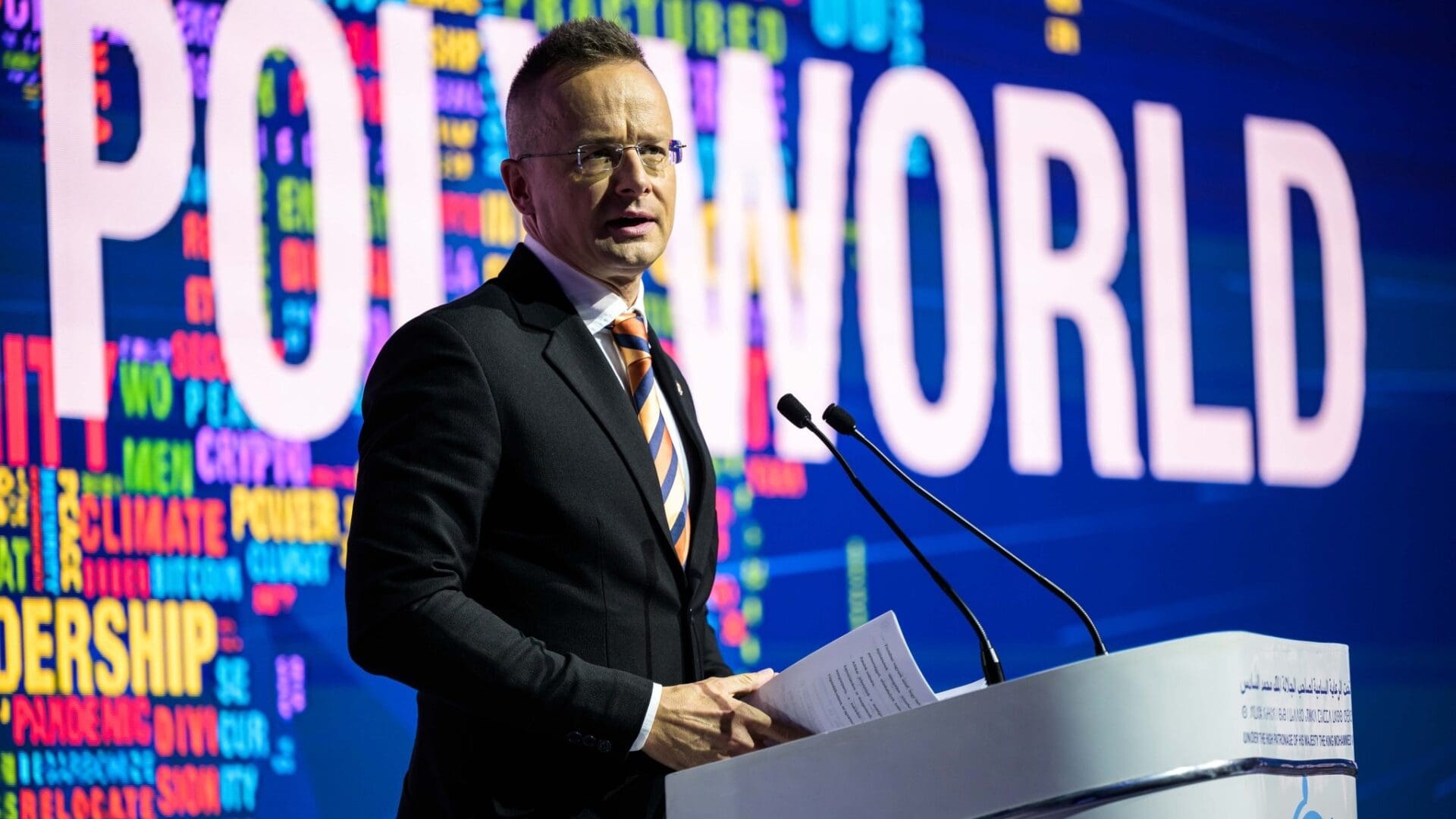Hungary is ready to contribute to the strengthening of the cooperation between Europe and Africa, which is of mutual importance to both parties, Minister of Foreign Affairs and Trade Péter Szijjártó declared on Wednesday in Tangier, Morocco.
According to the statement from the Ministry of Foreign Affairs and Trade, the minister emphasized at the opening of the MEDays Forum international conference that the world’s security is currently in the worst condition since the Cold War, which especially true for Europe, with a serious armed conflict taking place in its vicinity.
He also addressed the increasing mass illegal migration on the continent in the last eight years, attributing it to the extraordinarily irresponsible Brussels migration policy. ‘We see the consequences of this, the emergence of parallel societies in Western Europe; we see loud minorities exerting pressure on those who have lived there for centuries; we see the formation of no-go zones, and the intensifying of the threat of terrorism,’ he listed.
He then pointed out that the number of armed conflicts and terrorist attacks has increased, and highlighted the responsibility of the international community. ‘If these security risks become even more serious, they add up, and the danger of a third world war increases. Therefore, it is clear what the responsibility and homework of the international community are: mitigating these security risks and settling as many wars and armed conflicts as peacefully as possible,’ he emphasized. Szijjártó believes that fundamental changes are needed in international politics for this, as
the discourse is currently characterized mainly by ‘criticizing, lecturing, condemning, and imposing sanctions on each other.’
As he stated, mutual respect should be restored on the global stage, ‘colonialist approaches’ should be left behind, and no country should be allowed to interfere in the internal affairs of another. ‘Because no one knows better than the Moroccans what is good for Morocco, and no one knows better than the Dominicans what is good for the Dominican Republic, just as no one knows better than us, Hungarians, what is good for Hungary,’ he expressed. He explained that without restoring mutual respect, the world will once again move towards bloc formation, and Central Europe has always lost out in this. Therefore, the next period should be about global cooperation based on respect and connectivity, he emphasized.
In this context, he also stated that the essence of diplomacy is communication between different states, and one should not only engage with those with whom there is complete agreement on every issue, because closing the channels of dialogue would mean giving up even the hope of peace in the world.
The minister also reported on the security challenges facing Hungary, stating that the country has to cope with the risks of the war in Ukraine in the east and migration pressure in the south.
He mentioned that Hungarian authorities registered 275,000 attempts of illegal border crossings last year and 180,000 this year, and it has happened multiple times that migrants and human traffickers fired shots art border guards. Curbing illegal immigration is not possible without a strong and respectful cooperation between Europe and Africa, the minister nailed down.
He also highlighted that the fight against migration can only be successful if the root causes are addressed: terrorism and extremist ideologies must be tackled jointly, and everything must be done to promote African investments. In this context,
he reminded that Hungary has deployed two hundred soldiers to Chad to maintain stability and security in the Sahel region,
provided $140 million in tied aid for African infrastructure development, and offered 1425 scholarships annually to students from 24 African countries at Hungarian universities. Additionally, through the Hungary Helps programme, Hungary has assisted the stay of Christian communities in 18 countries.
‘We, Hungarians, are ready to contribute to strong cooperation between Africa and Europe because we know that the development of Africa is a central interest for Europe,’ he concluded.
Related articles:








